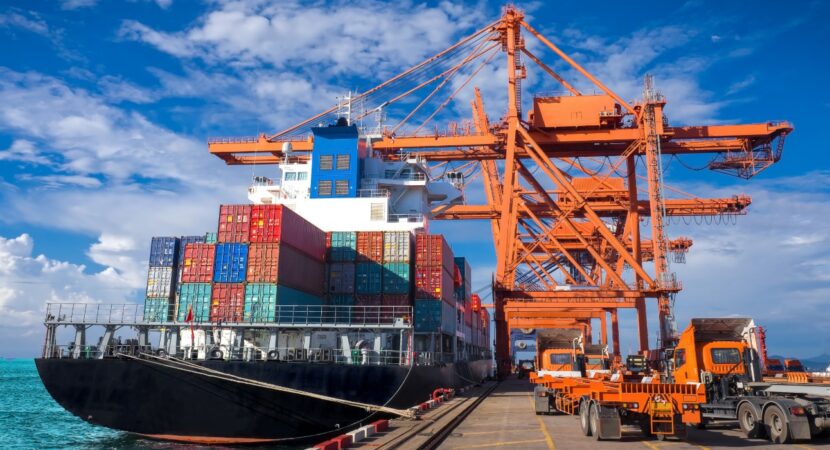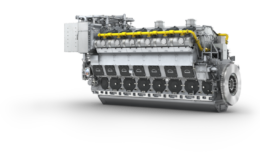
High demand for loads and shortage of equipment available on the market are some of the factors that contribute to this situation.
Like all inventions, containers were created out of necessity and today remain extremely crucial for the import and export of cargo and for the development of the economy. This statement can be proven by the fact that about 90% of the movement of goods in the world uses containers as a way to optimize transport by sea, air and road.
However, the current situation is more delicate than expected, as this shortage is not new in Brazil. Due to the differences between Brazilian imports and exports, there has always been a shortage of twenty-foot containers used for the food sector. Since March, however, this has worsened thanks to the longer retention time of cargo, especially in China and the US.
Restrictions on crew movement on vessels across several countries and rising consumption have led to a shortage of this equipment available on the market, in addition to a strong financial impact on the global economy. Other obstacles
aggravated this scenario, as well as the retention of goods in Chinese ports, such as the terminal at the port of Ningbo-Zhoushan, south of Shanghai, which had its operations paralyzed for a period due to an employee who tested positive for covid-19.
Another problem that is affecting the container crisis includes the Delta variant, the mutation of the SARS-CoV-2 virus (which causes covid-19), which is being considered as an outbreak in China and affecting the country's production chain. As a result, shoppers are likely to face higher prices and fewer options this shopping season.
With this scenario in mind, cargo transport and logistics companies are concerned about how they can adapt to this current situation, as stated by Luiz Gustavo Nery, commercial director of Grupo Rodonery Transportes. “We need to be attentive and prepare for any occasion and possible difficulties. It is necessary to focus on constant reinvention to keep up with the market and the crises that may happen. This is reflected in the progress of new solutions for customers, such as the expansion of portfolios that can supply the alternative caused by the lack of containers. This is a path that will help us to follow in any situation, without losing the quality that is imposed on a daily basis”.
There have been complications in the container market since the start of the pandemic, and the suspension of ship traffic through the Suez Canal in March this year has further compounded the problems for shipping lines that were already experiencing interruptions and delays in delivering retail products to consumers. . This is felt even more strongly today and is likely to continue for the next few months, according to experts.
Despite this, the assumptions for a change are present. “I believe that the future of this container market is very promising and will certainly see a lot of growth in the coming years. To this end, it is extremely necessary for shipowners to catch up with the delay, increasing the availability of equipment on the market and offering more competitive maritime freight, given that today they are exceeding values never seen before and, according to specialists, should only be normalized in 2022. This is the only way we will be able to get out of this global crisis”, concludes the commercial director.
We cannot forget the intense pace of Brazilian food exports that depend on containers to reach their destination. This already encounters logistical limitations caused by the resumption of international trade in the post-pandemic period, and to reverse this scenario, resources need to return to normality as soon as possible.
In Brazil, we do not find queues of vessels in ports, but the country is also having difficulties finding containers and ships to transport goods.
goods. In this way, this logistical block generates losses mainly in the commercialization of commodities, the main drivers of the Brazilian economy.
_______________________________
About Luiz Gustavo Nery:
Commercial Director of Grupo Rodonery Transportes, a company founded in 2010, Luiz Gustavo Nery has a degree in Foreign Trade from Universidade Positivo in Curitiba and a postgraduate degree in International Business from FAE Centro Universitário. In addition, he is the Coordinator of the COMJOVEM Institute for Market Development.









